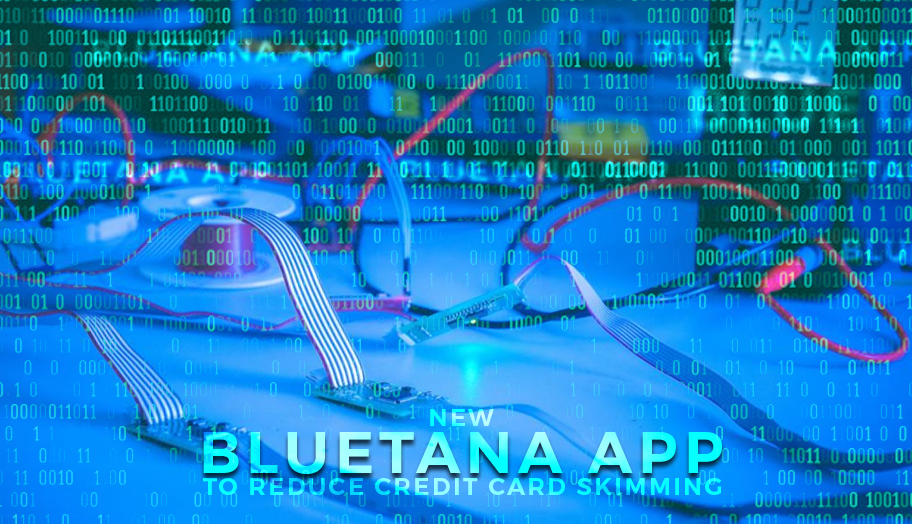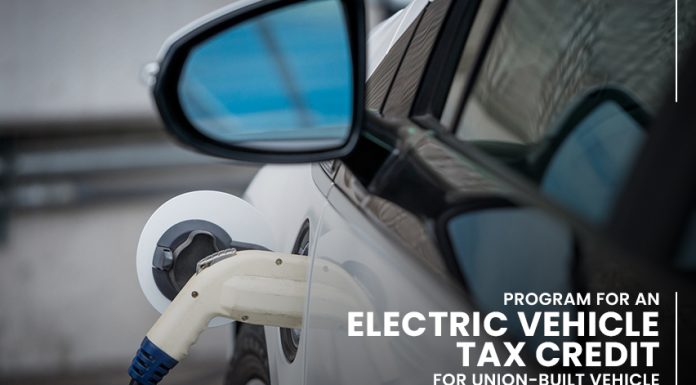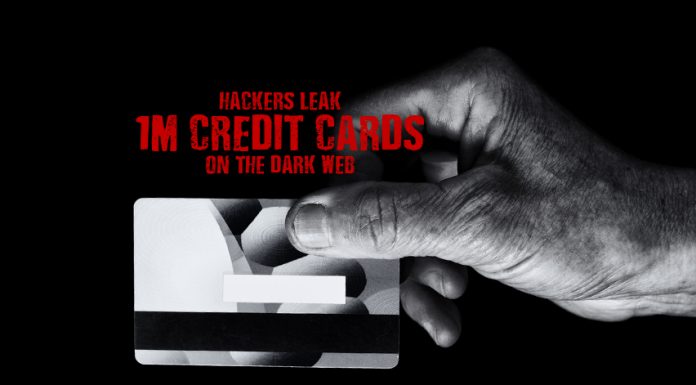Researchers hailing from the University of California, San Diego and the University of Illinois Urbana-Champaign launched an app named Bluetana. The program reportedly detects Bluetooth-enabled credit card skimmers at gas pumps.
According to Tech Crunch, the app intends to reduce and address credit card skimming without taking apart gas pumps. Moreover, the program gears itself towards finding real skimmers, as opposed to tagging similar signs such as speed limit signs and fleet tracking systems.

To address this possible area of concern, Nishant Bhaskar, a research and PhD student involved in the project states that the app’s ability to detect the “Bluetooth device’s unique MAC address is then compared to a hit list of prefixes known to be used by skimmers recovered by law enforcement.” Besides this, Tech Crunch reports that the application banks on the Bluetooth signal strength to determine whether the device is situated near a gas station.
Krebson Security notes that the company developed that app alongside the United States Secret Service. The U.S. Secret Service provided the technical input concerning a series of investigations surrounding gas pump skimming rings, while the researchers developed the program to meet the current needs of the nation.
The Bluetana program was developed after a series of tests conducted across six states in the country, covering 1,185 Bluetooth gas stations in these areas, notes Tech Crunch.
To cover these 1,185 Bluetooth gas stations, around 44 law enforcement officials and state authorities volunteered to take part in the study, reports Krebson Security. These volunteers worked with the Bluetana app over the course of a year to test its efficiency.
The study was able to find out that 64 skimmers were operating in four states covered by the project. Following this, volunteers and law enforcement agencies confiscated the skimmers used at the stations.
While the application was successful, the product is not expected to launch publicly in the near future.













